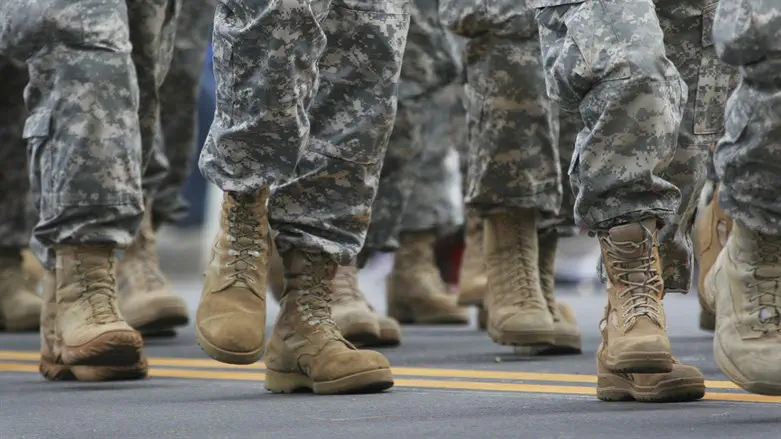
Duvi Honig - is Founder and Chief Executive Officer of the Orthodox Jewish Chamber Of Commerce and J-biz Expo.
In the contemporary discourse surrounding geopolitical conflicts, there's a false but pervasive oversimplification that frames Iran as primarily Israel’s issue. This narrative neglects the broader implications of Iran's actions on Western interests, a reality underscored by recent and historical events, and one often misunderstood, especially among today’s younger generation.
The perception within many circles of academia, influenced by a variety of global narratives, seems to underestimate the fact that Iran is a bigger threat to the western world than it is to Israel - which can defend itself. Framing Iran as merely a threat to Israel alone ignores the broader implications of its threat to the West and diminishes the necessity of a collective, coherent strategy.
It's a mistake to think that any potential strategic actions by Israel against Iran are exclusively self-serving or that they precipitate global unrest only to protect Israeli interests. It’s essential to recognize that Israel’s actions are aligned with broader Western interests, and Israel is acting as an inexpensive proxy army for the USA and the West given the shared stakes in neutralizing a state sponsor of global terrorism.
Many don’t remember the tragic terror attack events the West has already experienced, from the bombings in London's Subway to the devastating terror attacks of September 11th. These highlight the reach and ambition of Islamic extremism emanating from regions under Iranian influence. These tragic moments remind us that these threats are far from Israel's borders, yet have murdered thousands upon thousands of westerners.
Europe, too, is not a stranger to these dangers. Terror attacks in Germany and France illustrate that the threat is not confined to one country, but is a multifaceted challenge that affects the safety and security of all Western democracies. The extensive financial and human toll seen in operations in Afghanistan and Iraq further demonstrates the West’s significant investments aimed at curtailing extremism, often with contested outcomes.
The financial and ideological bolstering by Iran of groups such as Hezbollah, Hamas, and the Houthis has articulated a clear message of hostility not just against Israel, but against all Western nations. These entities publicly and violently assert their objections to Western influence and existence, endangering the West's shipping and cargo industries and it army bases, making a notion that this is not a problem solely for Israel to manage.
However, there remains a troubling narrative claiming that any pre-emptive measures against Iran could escalate global conflict, with the blame unjustly placed on Israel. This perspective, fueled by misconceptions or lack of understanding, often leads to misguided international condemnation by bodies like the United Nations, which may overlook the broader context. THIS MUST BE ADDRESSED!
Israel operates as a strategic partner to Western countries, arguably functioning as the West's frontline defense against threats that extend far beyond its borders. Israel’s actions not only serve its security interests but also contribute to the broader security architecture of Western nations, sparing them the direct confrontation of putting boots on the ground and associated physical and economic costs.
The world must recognize Israel’s role as a key ally fighting its battles. Acknowledging and supporting Israel’s actions in the region as part of a broader defense of Western values and security is not only strategically sound but also preserves vital Western interests. It’s a symbiotic relationship that saves American and European lives, bridging the interests of a safer global community.
In understanding this, the West must openly support Israel's actions against threats like Iran, promoting and recognizing the true reality in which Israel acts not as a solitary force but as a key protector of global peace and stability.